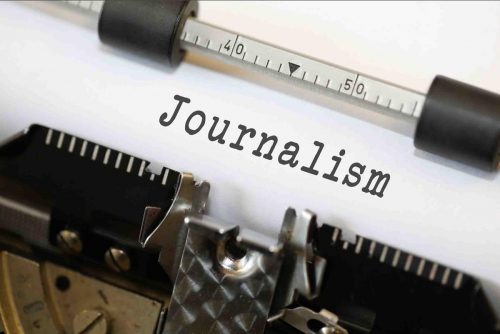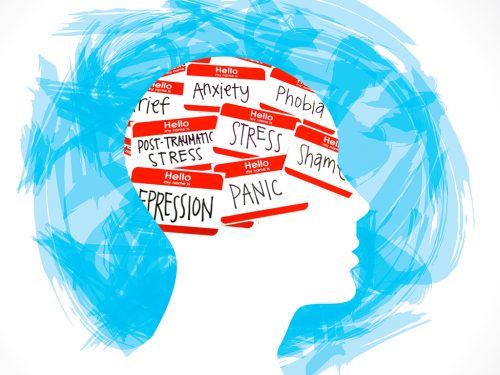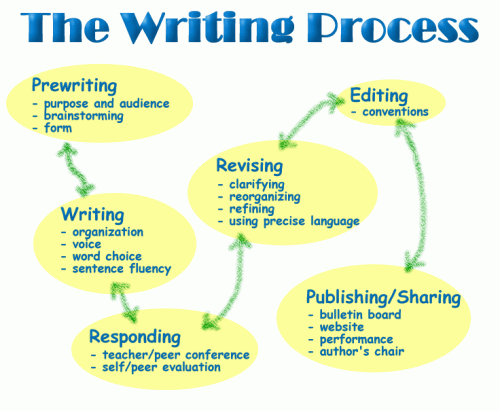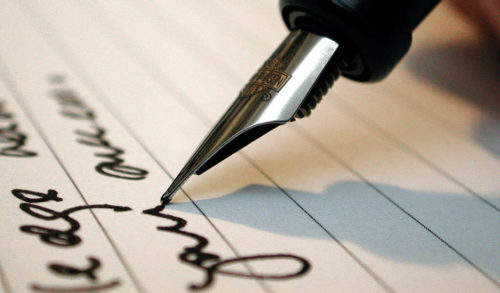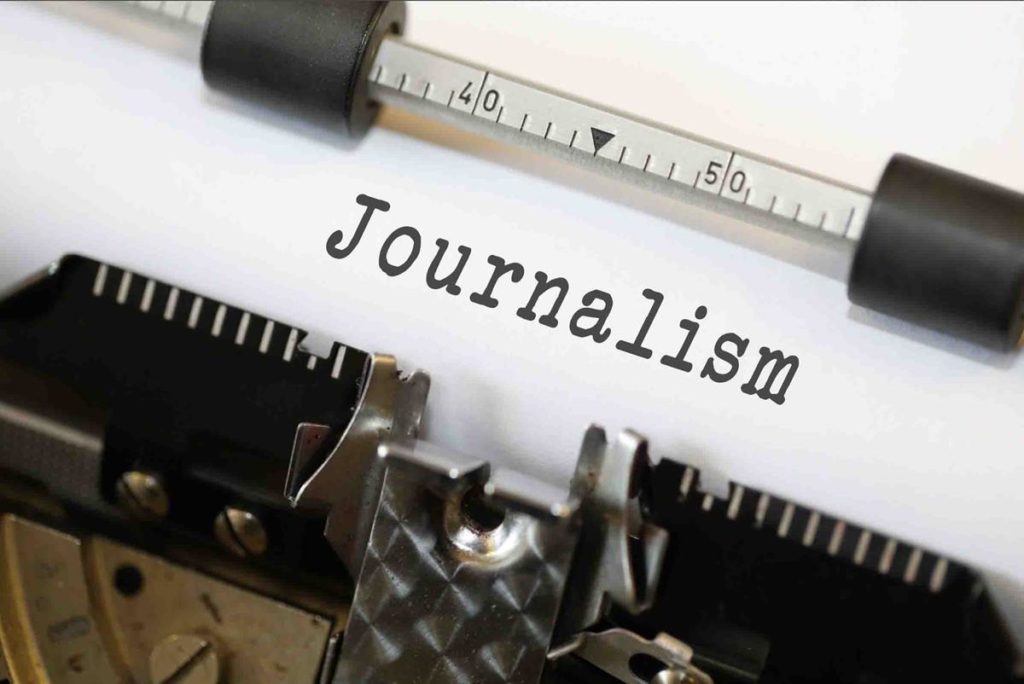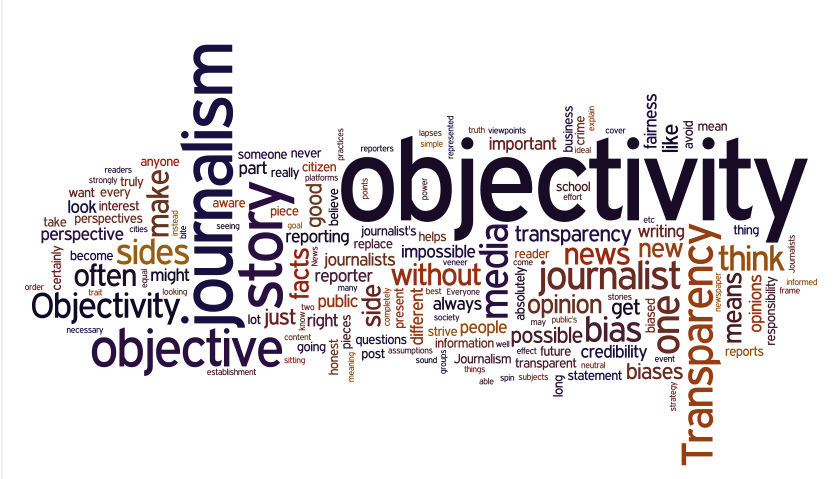
Source: spacesworks.com
As a journalist, I’ve had my share of criticisms and negative public comments because of sensitive articles that I have written through the years. In fact, I have received about five death threats saying that I was a curse to them, and they wished I would disappear in the face of the earth. But I took it upon myself to fall blind and deaf to these negativities, knowing that my job has been taking a toll on my mental health, and psychologists can further back this.
A brief and simple background that you need to know about me as a journalist is that I am not a crime reporter, nor a White House correspondent. I am not a journalist who is focused particularly on terrorism or abuse of power. I am simply a journalist with a little over ten years in the company. And I have just contemplated how my job has taken a toll on my mental health.
My Growing Psychological Concerns
I understand Sonja Seglin, LCPC when he said, “Stress can seem omnipresent. Between working, socializing and taking care of the home, it sometimes seems we don’t have a minute to ourselves, let alone enough time to really take care of our bodies and minds.” Over the years, I had a feeling that my psychological concerns – constant anxiety, bouts of depression, an erratic feeling of discontentment from my work, creeping fear of losing pleasure happiness in my life – may all be related to the stresses that my work has placed onto me. My husband urged me to see a psychiatrist and true enough; she told me I had a case of what she called a ‘burnout.’ It was something that interfered with work and life balance, and one’s ability to remain determined, happy, and hopeful is almost lost. I was mentally and physically drained, and the fatigue was catching up with me.
So amid my daily routine of working out, watching sad movies, and calling for takeout, I began to find the answers to a question that’s been lingering in my mind: Is being a journalist a risk for mental illness?
I read about journalists like me who have been talking about how their work has had a negative effect on them. They claimed to have experienced what they called journalism-induced burnout. One news reporter shared her story about how she had PTSD after her Haiti earthquake coverage. Others suffer from depression over reporting about multiple deaths.
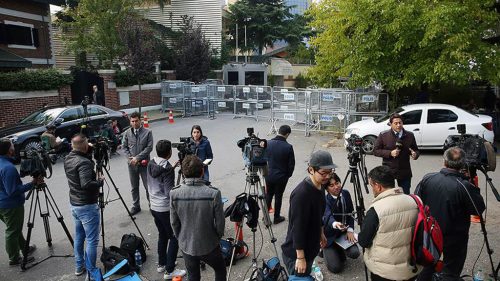
Source: setav.org
However, experts say that journalists are only least among the professionals that regularly tackle with trauma. Anthony Feinstein, a psychology professor at the University of Toronto, concluded after his research that generally throughout the 1990s, he found no article devoted to the subject of trauma and other psychological issues.
The Stigma On Mental Illness
It is safe to say that despite the growing research on the mental illness among professionals, journalists still get the perception that they are not prone to developing a mental condition compared to those that are facing risky experiences like the firefighters, cops, and war veterans. But I believe in Erica Thompson, LMFT, LPCC statement that “Mental health struggles are real. They can be painful. You may feel alone. In some of the darkest times, you may feel like something is “wrong” with you to the core.” People still find it more convenient to discuss trauma in the military compared to journalists. Thus, the stigma surrounding journalists and mental health is still tremendous.
As a field reporter, you are expected to report about the trauma – you’re not supposed to be suffering from trauma yourself. Perhaps this is why a lot of journalists are hesitant to tell someone that they don’t feel emotionally or mentally well unless they have suffered too much and have gotten to the stage of burnout. That is exactly what happened to me. I just internalized the stigma so much, and I convinced myself that I had to be strong and resilient, and I should not let my job negatively affect me. But sooner than later, it did, and my dream job became my nightmare.
Getting My Job – And Myself – Back
It took me about two months to focus on resting and recovering and caring for myself. I saw a therapist once or twice a week to talk about my emotions and how I could cope with everything. The therapist walked me through some effective tools that would help me handle my issues in case I would feel on edge. I took a leave to clear my mind and decide whether or not journalism was for me.
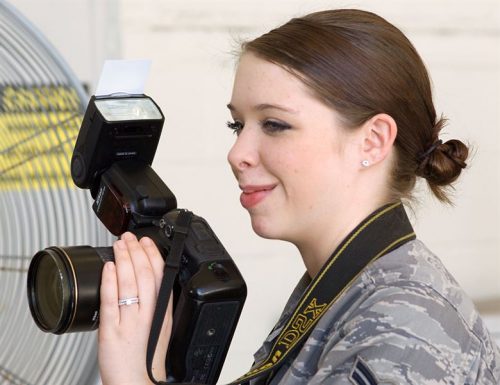
Source: jbcharleston.jb.mil
When my energy and mood improved, I realized that being a journalist was the most fulfilling job for me, and I wasn’t going to let that go. Armed with a stronger spirit and a whole lot of knowledge about caring for my mental health, I was ready to go back to work.
Alicia H. Clark, Psy.D. once said, “The sensation of pressure doesn’t have to be negative—it can be a positive challenge and motivating.” I have been distraught by my job, to the point where I almost lost it, and I am okay to admit that. Now I know through my therapist and support network of friends and family that I cannot just ignore these mental health problems that can put me at risk of being an ineffective journalist. Because to get a story straight, I must be straight in mind, body, and spirit.






